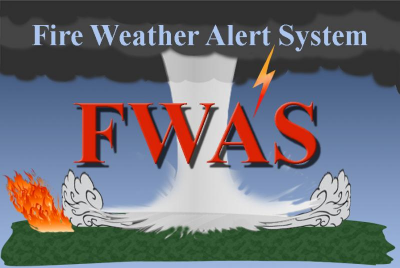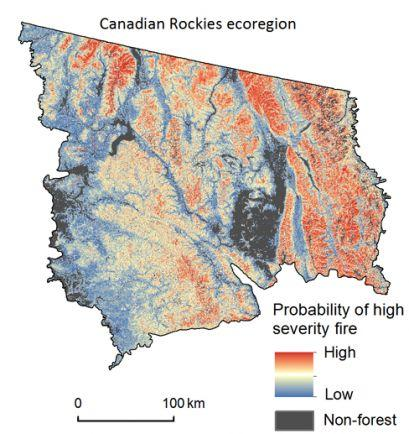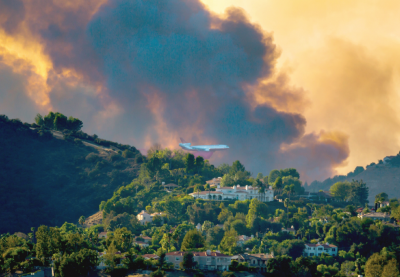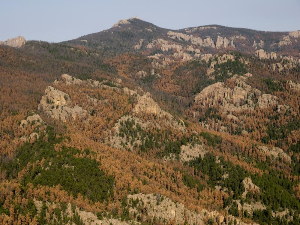-
How the Natural Range of Variability of Frequent-Fire Forests Informs Restoration Treatments

This one-page topics paper is written for the general public and describes how a forest’s natural range of variability can inform restoration treatments. Read the full report from the Ecological […]
-
Fire Weather Alert System

From the Rocky Mountain Research Station: The Fire Weather Alert System (FWAS) is designed to warn on-the-ground firefighters of dangerous weather conditions in their area. Learn more here.
-
Next Generation Fire Severity Mapping

From the Rocky Mountain Research Station: The Next Generation Fire Severity Mapping is a tool designed to depict the probability of high-severity fire, if a fire were to occur, for […]
-
Quantifying long-term post-fire sediment delivery and erosion mitigation effectiveness

From the Rocky Mountain Research Station: Large wildfires can have profound and lasting impacts not only from direct consumption of vegetation but also longer term effects such as persistent soil […]
-
The Missoula Fire Lab Wildfire Emission Inventory

From the Rocky Mountain Research Station: To address the need of air regulators and land managers for improved wildfire pollutant emission estimates, we developed the Missoula Fire Lab Emission Inventory […]
-
Wildfires Know No Boundaries

From the Rocky Mountain Research Station: For the first time, U.S. Forest Service Rocky Mountain Research Station and Oregon State University scientists have assessed cross-boundary wildfire exposure in the western United States by […]
-
Soil Fungi Recover Slowly Following High-Severity Wildfires

From the Rocky Mountain Research Station: In recent decades, wildfires in ponderosa pine forests have increased in size and severity. These wildfires can remove large, contiguous patches of mature forests, […]
-
Wildland Fire Management under COVID-19

Read the full brief here. Summary: COVID-19 will have major implications for wildland fire management, because of severe social distancing and hygiene requirements. We collected procedures and guidance created round […]
-
Using “Good” Fires to Reduce “Bad” Fire Effects & Smoke Impacts

From the Rocky Mountain Research Station: Prescribed fires produce smoke that adversely impacts public health, although not to the same degree as wildfires. The public needs to understand these trade-offs, […]
Categories
- Article/Book/Chapter
- Course/Curriculum
- Education & Training
- Highlights
- Maps, Models, and Apps
- Newsletter/Digest
- Pre and Post Emergency Resources
- Publication
- Research Brief/Synthesis
- Technical Report
- Uncategorized
- Video
- Video & Audio Resources
- Webinar
- Website
Archive
- November 2023
- October 2023
- September 2023
- May 2023
- April 2022
- March 2022
- February 2022
- January 2022
- October 2021
- August 2021
- July 2021
- May 2021
- March 2021
- February 2021
- January 2021
- December 2020
- November 2020
- October 2020
- September 2020
- August 2020
- July 2020
- June 2020
- May 2020
- April 2020
- March 2020
- July 2019
- July 2018
- June 2018
- April 2018
- October 2017
- September 2017
- June 2017
- April 2017
- March 2017
- November 2016
- October 2016
- August 2016
- May 2016
- April 2016
- November 2015
- October 2015
- September 2015
- June 2015

